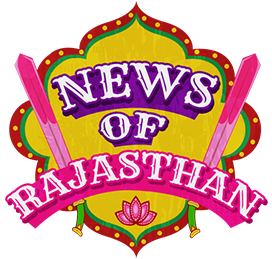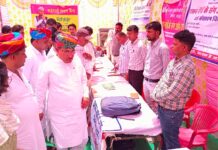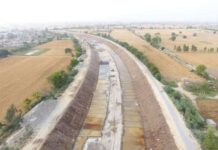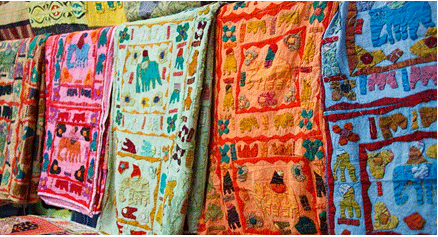

Regardless of having a ‘vigilant’ pollution control board (RPCB), the textile units in Pali have been disposing waste water and chemical affluent in Nehra dam and Bandi River for several years. Angered by the negligence of Rajasthan pollution control board, the NGT (National Green Tribunal) had ordered the closure of 546 textile units, due to environmental concerns. After eight long months, the textile units were reopened on the request of local artists. The verdict was passed by Tribunal member B.S. Sajwan and Justice Jawad Rahim, the members of Jodhpur Bench last October.
NGT chairman Justice Swatanter Kumar ordered the suspension of all textile units that were functioning without having ‘consent to operate’. Only 64 units were given the ‘consent’ to operate. The decision was taken in response to a case filed by local farmers that sought relief from water pollution near industrial units. The tribunal allowed reopening of industries that were engaged in cloth printing and dyeing after the textile unit directors assured the environmentalists and the NGT tribunal that they would comply with the standards set by RPCB.
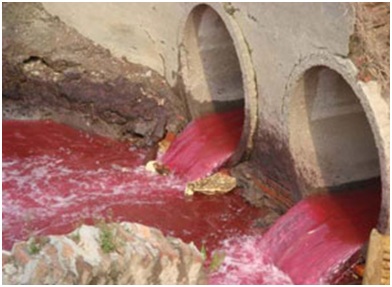
The decision was taken, considering the adverse effects of the previous verdict. Shut down of industries resulted in the loss of employment and livelihood for workers. Moreover, it also led to an increase in illegal bleaching and dyeing activities in shady areas.
To resolve this problem once and for all, the NGT has set up a monitoring committee comprising of RSPCB (Rajasthan State Pollution Control Board), CPCB (Central Pollution Control Board) and representatives from IIT Jodhpur. The tribunal will conduct inspections and surprise checks on CETP (common effluent treatment plants) and industries to keep an eye on sewage/waste disposal activities. If the industries fail to comply with the standards set by CETP or don’t have their own ETP (Effluent Treatment Plants), they’ll be heavily penalized for their actions.
Upon the tribunal’s instructions, a district-level task force will check that the industries function in a proper way. They’ll follow punitive measures and surveillance mechanism to keep a check on defaulters. Hopefully, this will prevent the industries from discharging waste near agricultural fields and underground water bodies.
